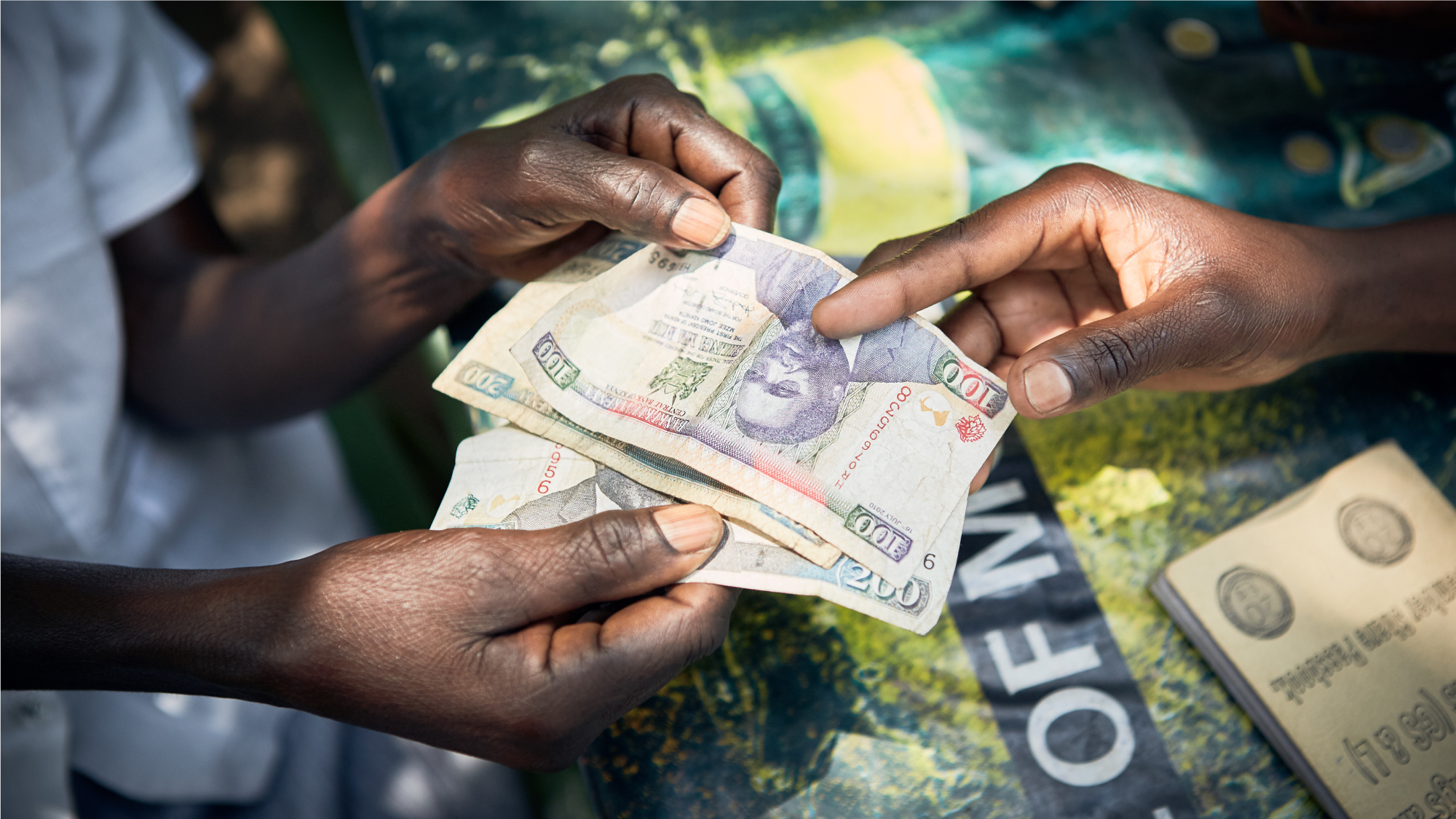
 Climate change is at the heart of our team’s work on the Foreign, Commonwealth and Development Office’s Sustainable Urban Economic Development Programme. In this series of blogs, shared throughout COP26, the team gives insights into their work on supporting Kenya’s climate change mitigation, adaptation and resilience.
Climate change is at the heart of our team’s work on the Foreign, Commonwealth and Development Office’s Sustainable Urban Economic Development Programme. In this series of blogs, shared throughout COP26, the team gives insights into their work on supporting Kenya’s climate change mitigation, adaptation and resilience.
In this second blog, the SUED team takes a closer look at Kenya’s ambitious green finance plans and how we are working with municipalities to attract investment and pave the way towards a more prosperous and climate-resilient Kenya.
SUED is funded by the UK Government and Managed by Tetra Tech International Development. Atkins Global is Tetra Tech’s partner in the development of the urban economic plans; KPMG and OCA are the investment attraction firms actualising the urban economic plans in close collaboration with the supported municipalities.
Kenya’s green finance history
In 2017, Kenya launched its green bond programme as part of its implementation activities of the National Climate Change Action Plan 2018-2022. The bond is aimed at developing a domestic green bond market to promote the financial sector, and signals the country’s commitment to proactively transition to a low-carbon economy.
The country is also home to Africa’s largest private sector-funded renewable energy projects such as the £630 million Lake Turkana wind power project and the £450 million orPower4 geothermal power plants, also known as Olkaria II. These projects are particularly important for Kenya’s economic future as the National Climate Change Action Plan (NCCAP) cited that extreme climate events could cost the economy as much as £215 million a year, an equivalent of 2.2 to 2.8 per cent of the country’s GDP.
An institutional effort
Kenya has put in place a number of supportive mechanisms recent years to ensure institutionalised green finance, ranging from 2018’s National Climate Finance Policy legislation to the appointment of Kenya’s National Treasury as designated authority for the Green Climate Fund (GCF) who also took the lead on the country’s programme for GCF readiness. Additionally, Kenya tasked the National Environmental Management Authority with implementing the GCF and Adaptation Fund under the United Nations Framework Convention on Climate Change (UNFCC).
In its development of the NCCAP, Kenya assessed and forecasted the economic costs it would incur due to climate change and would remain key contributor to future long-term fiscal liability. As such, it is imperative for the country to increase investment in areas such as climate-smart and sustainable value chains and climate-resilient infrastructure by promoting sub-national investment in priority sectors to counter the present and future economic and climate challenges. The country has identified potential green investment funds to support its response to climate change, including: GCF, Lobal Environment Facility, and UNFCC funds such as the Special Climate change Fund (SCCF), the Adaptation Fund (AF) and the REDD+ mechanism.
Our support
To support Kenya’s climate ambitions, our SUED team is working with 12 municipalities across the country to better position them to attract green investment opportunities, particularly in infrastructure and value-chain projects. The main avenue for this is through the development of climate-smart Urban Economic Plans (UEPs). Developed with county and municipal officials, these plans are the foundation for our partner municipalities, agencies and departments to proactively advocate for financing of projects that have the potential to spur economic growth while improving the use and efficiency of natural resources. Thanks to their strong local focus, they also allow the municipalities to tailor each project’s strategy to their individual climate change challenge.
Attracting investment
Once the UEPs are locally adopted by the municipal board, the programme commences its investment attraction process. The investment attraction process supports the development of bankable climate-resilient investment projects. In addition to looking at the financial viability of the project, SUED also assesses the environmental impact that the project will have in relation to climate change and disaster risk reduction and resilience. We screen investment opportunities for infrastructure and value chains in the municipalities that have the power to enhance climate resilience to beneficiaries, support a low-carbon economy and ensure that Kenya’s economy and infrastructure are resilient and can adapt to the impacts of climate change. These efforts are key to the programme’s focus of mobilising private and public investment for clean and resilient growth.
As part of this, our team provides an operational, technical and financial analysis that highlights both the risks and opportunities of climate change and maps out a responsive plan. This is integral to the investment attraction process as SUED’s funds are used to provide technical assistance in order to carry out pre-feasibility and due diligence studies to get them ready for investors. By having this information available, we are providing an investment-ready pipeline for investors.
Green finance and economic growth
We’re supporting the attraction of green finance by considering two essential aspects:
Environment
SUED seeks to attract finance that promotes low-carbon development pathways and circular economic modelling of the projects to mitigate against environmental pollution and promote nature-based solutions to restore or improve ecosystems.
For example, when working with Malindi on its Solid Waste Management Project (SWM), we helped bring to the forefront the need for infrastructure intervention due to the negative impact that the current lack of sewer network posed to the environment. By highlighting this need and sharing how the formal introduction of waste management and recycling could be leveraged commercially, SUED made a case for the municipality and county leadership to prioritise a robust sanitation and waste management system. This system would enable the municipality to make its waste disposal safe as well as reducing its land, water and air pollution and greenhouse gas emissions. By providing green investments into the SWM project, Malindi will illustrate that sanitation investment can include viable economic generation models while still having a positive impact on the environment.
Climate change
SUED promotes projects that embrace renewable energy technologies and promote energy efficiency. Our work in the municipalities has advocated for the incorporation of a circular economy approach in the value-chain projects it supports. This approach minimises energy loss and utilisation of waste products across the process chain. The development of a circular waste economy system in agri-processing – where waste from one activity provides an input for others – therefore results in energy savings.
We have successfully done this in Isiolo where we worked with the municipality to improve meat processing. Our team mapped out the circular economy process, highlighting opportunities to use the waste material of the processing plant and abattoir for creating biogas for energy.